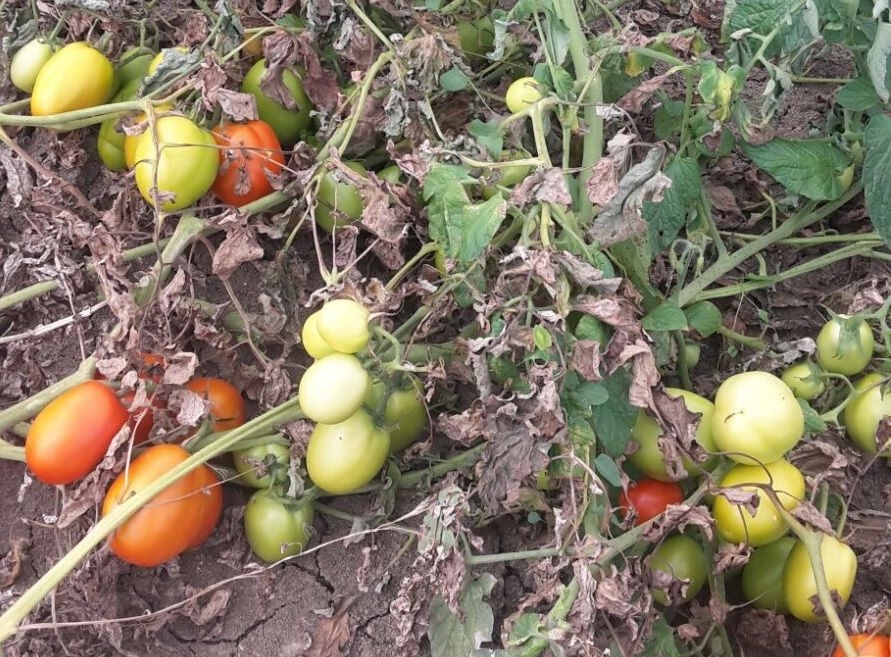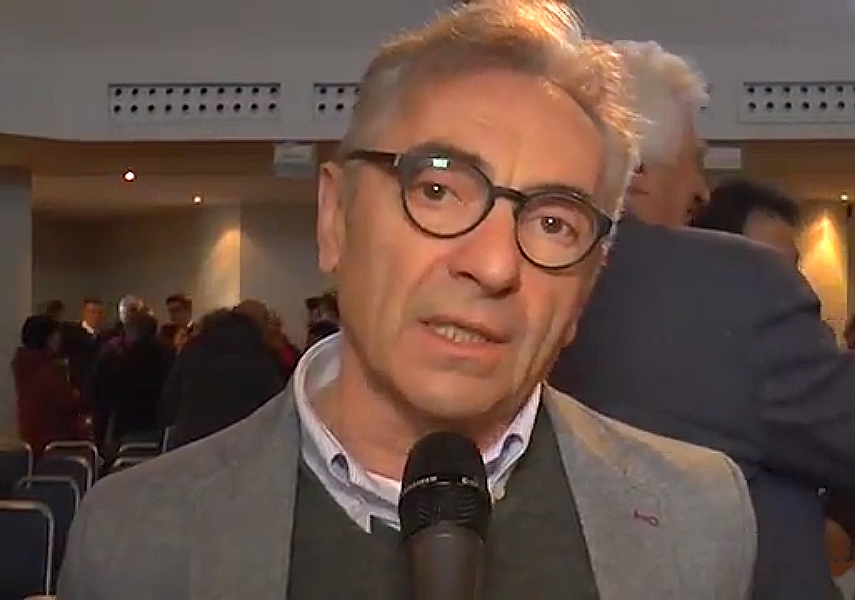Respect for your privacy is our priority
The cookie is a small information file stored in your browser each time you visit our web page.Cookies are useful because they record the history of your activity on our web page. Thus, when you return to the page, it identifies you and configures its content based on your browsing habits, your identity and your preferences.
You may accept cookies or refuse, block or delete cookies, at your convenience. To do this, you can choose from one of the options available on this window or even and if necessary, by configuring your browser.
If you refuse cookies, we can not guarantee the proper functioning of the various features of our web page.
For more information, please read the COOKIES INFORMATION section on our web page.


 Ralstonia Solanacearum are a bacteria that originated in tropical and subtropical countries, subject to quarantine, which lead to the bacterial wilt of more than 200 plant species, particularly in the solanaceae family, which is particularly sensitive to their attacks. Several sporadic cases of the pathology were reported in Emilia-Romagna in the 90s, then again in 2014, before the attacks reported in 2017 – two cases in the province of Ferrara, two cases in Bologna, and four cases in Parma. All the crops were destroyed in order to contain the infection. The bacteria can survive in the soil for several years, but they can also survive in water, in plant waste, on scrap wood and metal, on rubber, and they can infect wild plants that then act as a "silent reservoir".
Ralstonia Solanacearum are a bacteria that originated in tropical and subtropical countries, subject to quarantine, which lead to the bacterial wilt of more than 200 plant species, particularly in the solanaceae family, which is particularly sensitive to their attacks. Several sporadic cases of the pathology were reported in Emilia-Romagna in the 90s, then again in 2014, before the attacks reported in 2017 – two cases in the province of Ferrara, two cases in Bologna, and four cases in Parma. All the crops were destroyed in order to contain the infection. The bacteria can survive in the soil for several years, but they can also survive in water, in plant waste, on scrap wood and metal, on rubber, and they can infect wild plants that then act as a "silent reservoir". Emilia-Romagna regional authorities allocated EUR 250 000 to compensate for last year's losses and to face potential damage to the next crop. In 2017, an initial financial package was set up by the Pomodoro Nord Italia IO, in anticipation of compensation allocated by regional authorities, amounting to EUR 3 000 per hectare for all growers affected by the problem.
Emilia-Romagna regional authorities allocated EUR 250 000 to compensate for last year's losses and to face potential damage to the next crop. In 2017, an initial financial package was set up by the Pomodoro Nord Italia IO, in anticipation of compensation allocated by regional authorities, amounting to EUR 3 000 per hectare for all growers affected by the problem.


























